Business Structure of an Open-source Film Studio
A disruptive business model in the entertainment industry
Blauw Films

The entertainment industry is evolving at an incredible rate. Both for the audiences worldwide as for the creators working in it. Most often these changes stimulate the industry for the better.
Especially as a changing status quo makes room for innovative and disruptive start-ups to leave their mark.
On all fronts the change is being felt. And for the first time in a long, long time, independent companies are becoming competitive with the traditional giants.
As these accelerated changes are happening in so many different sectors of the entertainment industry, I'd like to make a few distinctions about what exactly I will be covering today.
The entertainment industry has always been in a search for implementing innovative technologies. The same is true today with the arrival of Artificial Intelligence. As a tool, AI has become a part of almost all businesses, no matter the industry.
And even though there is and will be a rise in disruptive start-ups built on or expanding on AI, this is not the disruption I will be talking about today.
Today, I'd rather talk about distribution to audiences all over the world.
The New Age of Media Distribution
With more people around the world having access to media and entertainment than ever in the history of the medium, it has become essential to reconsider how these people will best be served.
Honestly, how do global audience want to be served their art and entertainment?
Is it paid streaming services? Unlikely. Is it traditional distribution through cinema chains? Yes and no. Is it a combination of many different avenues? Absolutely.
The disruption of the entertainment industry begins with access.
All over the world audiences want to engage with the art and entertainment they love. They want to build a relationship with it. One that is resilient and maybe even lasts them their entire life. For those who are wondering what I'm talking about, think about your favorite movie...
Now think about how your interaction with it has been over the years since you've first seen it.
Think about all the touch-points you've had with it in different shapes or forms. Did you watch it in the cinema? Did you purchase a DVD or Blu-Ray? Did you ever stream it (either through a paid platform or through piracy)?
Hell, let's get deeper. Did you ever purchase a product related to this film? Merchandise? Collectibles? Did you ever recommend anyone the film? And did you have a lovely conversation with someone about it? And finally, did you ever wish there were more movies like it?
These are experiences that are incredibly important to those who engage with art and entertainment.
And these are exactly the touch-points that are an exchange of value.
I once read that it's essential for the longevity of an IP to bring it "into the home" of the audience.
Whether through a physical copy of the entertainment product, or through merchandise and conversations. The IP requires time to mature in the minds of the audience and establish the place it deserves.
Which, again, leads us to access.
More than ever audiences want to experience the art before they make a financial commitment. Instead of purchasing a DVD or Blu-ray from a film they haven't seen (or only read a review of), they'd like to see the film. Audiences want entertainment they can engage with multiple times, and only get more value out of it on repeat interactions.
There is a bigger threshold for creators in what value needs to be delivered before an audience is willing to pay for it.
And the first signs of discontent are even arising in the subscription based streaming service model. Paying a recurring fee for access is still not the same as access.
This is where the cinema still holds its massive power, being an entertainment experience that touches on far more than just the art.
And this is where websites such as the Internet Archive hold such a strong position as a provider of direct access to art, albeit in a lower resolution an only in digital form.
The entertainment industry is changing. And its future will have to be more open if it wants to regain the trust and commitment of the audience.
Democratising the Entertainment Industry
I would like to take a quick moment to let these thoughts sink in before discussing alternatives to the current business models. So first, let's have a quick look at us, Blauw Films.
Who are we and what are we doing differently?
Blauw Films is an independent film studio with an open-source production pipeline and a global community that comprises both the audience for our Productions as well as creators who want to contribute, learn and connect.
Our mission is twofold.
On the one hand our mission towards the audience is to bring fun and entertainment to all in the form of original IPs that they can build a lasting relationship with.
On the other hand our mission is to transform the global film industry into an open system with democratised knowledge and financial opportunity for all creators.
We achieve this through innovative technologies, art, and entertainment created by passionate creatives combined with a new age of direct-to-consumer experiences.
By breaking down the barriers in the entertainment industry both audiences and creators will benefit. In turn, through fruitful grounds, stimulating the entertainment industry to expand and be better than ever before.

An Alternate Business Model
If there is one thing I keep hearing from all executives at conferences is "What is the new business model?".
There is a global outcry from within the entertainment industry to make things work again. "Not like they used to..." seems to be the most common follow-up sentence going around town.
And you know what? Audiences would agree!
Whether audiences who love franchise IPs or audiences who love niche art-house cinema, they all feel left behind. While there is more art and entertainment available than ever before, there is at the same time a bigger disconnect with the audience than ever before!
The solution is simple to understand, but difficult to implement in the current state of the industry.
Audiences want creators to take more risk and bring fresh ideas to their lives.
Studios want less risk and assets that deliver long-term revenue.
When conceptualizing an alternate business model for the industry, we should consider a few important points that need to be taken care of:
- Entertainment should not be directly responsible for lowering churn-rates from subscriptions
- Entertainment inherently has a long-tail return of investment, so think ever-green
- Entertainment that sticks has the potential to make up a large part of the audience's life
- Entertainment which is accessible and has multiple touch-points accelerates engagement
Based on these principles truly disruptive businesses in the entertainment industry understand that the art serves as an asset.
This asset requires time to appreciate, all while multiple revenue streams establish a long-tail return of investment. The better the asset, the more longevity it has.
And finally, the entertainment industry of the future understands that there is a difference between exploits based on their output-quality.
Just like we are able to find a .jpg image of the "Mona Lisa by Leonardo da Vinci" for free on Google Images, while we can also view the real painting "up close" by paying for an entry to The Louvre.
The same should be true for watching a 720p resolution film on your phone, as opposed to viewing a 4K Blu-Ray or IMAX exploit of that same film.
Let's have a look at a few different areas of operation which the disruptive entertainment businesses of the future can be looking at:
Direct-2-Consumer
Audiences are honest. That's the beauty of them. They've got nothing to lose by being honest about their dislike of a piece of art or entertainment. And the same is true for when they love something.
An audience member who loves a certain piece of art of entertainment, truly loves it! And what they want most is to receive more from exactly where it came from.
That's why the entertainment industry should be looking much more at a D2C approach. From the moment the audience starts trusting the company that provided them with the art they love, they would love nothing more but to build a deeper relationship with that company directly.
Should you be selling DVDs, Blu-Rays and limited editions of said media directly to your audience? Yes! 100% Yes!
They are your audience. And they want to buy from you!
Should you be selling additional products? Such as merchandise, apparel, collectibles, etc. Oh yes! Depending on the brand of your company and what your art and entertainment stands for you should be offering everything that will benefit your fans.
The entertainment industry of the future understands this.
Open-source
Especially for companies working on more technology heavy projects, open-source is the gift that keeps on giving. Both audiences and creators want to be surprised by the art and entertainment they engage with. And lots of times for the creators this means that it requires a certain level of Research & Development to deliver on that promise.
However, the world is filled with incredibly talented creators, engineers and technicians.
And most problems have, at least in part, already been solved!
This is where open-source truly shines. The most ambitious ideas imaginable can become that much easier to execute on when globally we can all look at the problem together. We have been implementing an open-source approach at Blauw Films since the beginning. And I can guarantee you that for an independent studio, we would not have been able to achieve the results from Syntactic Labyrinths or Operation: Deli Platter by ourselves.
Not only does open-source benefit the project itself, it also stimulates the entire creator economy to raise the bar now that new tools and techniques have been made available.
Again, the entertainment industry of the future understands this.
Download to Own
A topic that might be considered somewhat controversial amongst distributors and publishers is Download to Own. Why should the audience be able to download an entire film, for example, and own it indefinitely?
It has mainly to with the accessibility of the art and entertainment.
A digital version of a film can still have certain limitations. For one it can have a resolution limitation. But we can also look at the additional benefits that other paid exploits of the digital version would have. A Blu-Ray version might include an in-depth behind-the-scenes. A collector's edition might include a specially designed box with a printed poster inside.
The digital version is simply that - a copy.
Audiences who love a film so much would for example love to have a digital copy on their hard-drive which they can carry along with them on a holiday.
Or imagine that you have just told your friends who came over for dinner about how much you love this film. And you would love to borrow them the physical copy.
No worries, you still have a digital version of the film in case you'd like to watch it on the same night.
What we will be seeing in the future of the entertainment industry is a democratization of all media. And digital media is the one that's inherently the closest to take that leap.
Does your company understand this?
Desktop Launchers
An alternative business model which we're seeing more and more in the gaming industry is that of desktop launchers. As an entertainment company you might want to provide a piece of software for users to download onto their computer which gives them direct access to an ecosystem of your entertainment.
This would be different from a paid streaming service in the sense that the launcher is free, what would be paid are the one-time purchased films.
Combining that with Download to Own principles could look something like:
- A customer watches a 720p version of a film for free
- They love it! Of course. It's great.
- The customer purchases a Blu-Ray from the film (which includes a one-time code for a Digital copy)
- After installing the desktop launcher the customer receives their 4K digital version of the film that can be opened directly from the launcher
- As time goes on the customer browses the launcher, being presented the other films of the company as well as additional products offered Direct to Consumer
Can you see where this is going?
The entertainment industry of the future can :)
Licensing
Finally, a business model as old as the film industry itself, licensing.
This is a business arrangement whereby one company authorizes another to temporarily use, by way of a license agreement, their intellectual property for the purposes of manufacturing, distributing, and selling goods or services using that IP under specific conditions.
Do you have a truly great piece of art and entertainment?
Then you are most likely not only providing value to your audience but also to potential partner businesses working in parallel markets.
This continues to be an incredible opportunity for the entertainment industry to expand into new territories, acquire new customers and extend the longevity of their IPs.
Our Business Structure
At Blauw Films, we're not just imagining the future of the entertainment industry; we're building it.
Our open-source approach means that we’re constantly evolving, driven by the contributions and feedback of our global community.
This collaborative spirit is what makes possible to push the boundaries of what’s possible in the world of film, games and storytelling.
The best way to describe our business structure is:
Blauw Films is an independent and open-source studio with the focus on original animation IPs with inherent Transmedia potential.
Our business model combines open-source innovation and direct-to-consumer distribution. This democratizes the creative process, breaking down entry barriers for both creators and audiences.
We can make this possible by implementing a combination of the strategies and techniques I've discussed above.
And so can other companies in the entertainment industry.
Conclusion
There really is no better time to enact change than right at the beginning. And that beginning can be felt all around us, right now.
Join us on this journey. Whether you're a filmmaker, a creative professional, or an avid consumer of media, there's a place for you at Blauw Films.
Together, we can create a more open, innovative, and inclusive film industry for everyone.

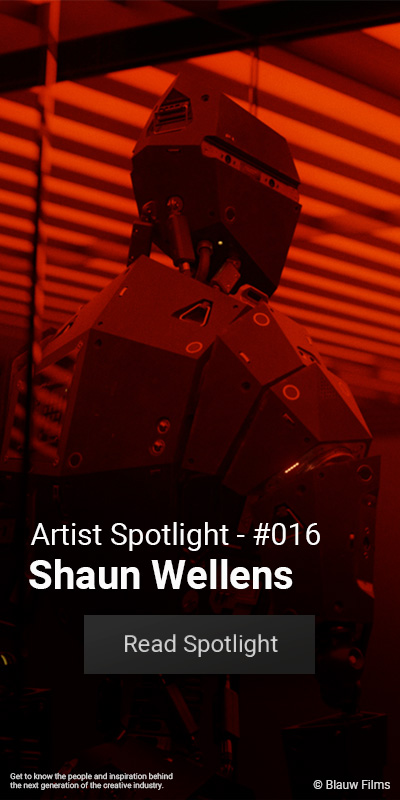



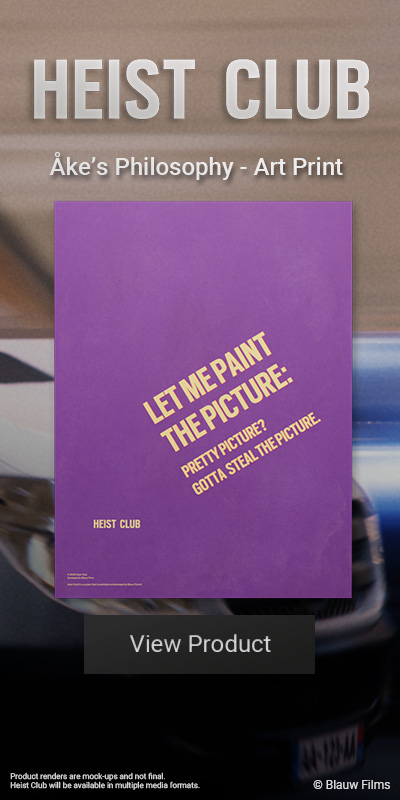


.jpg)




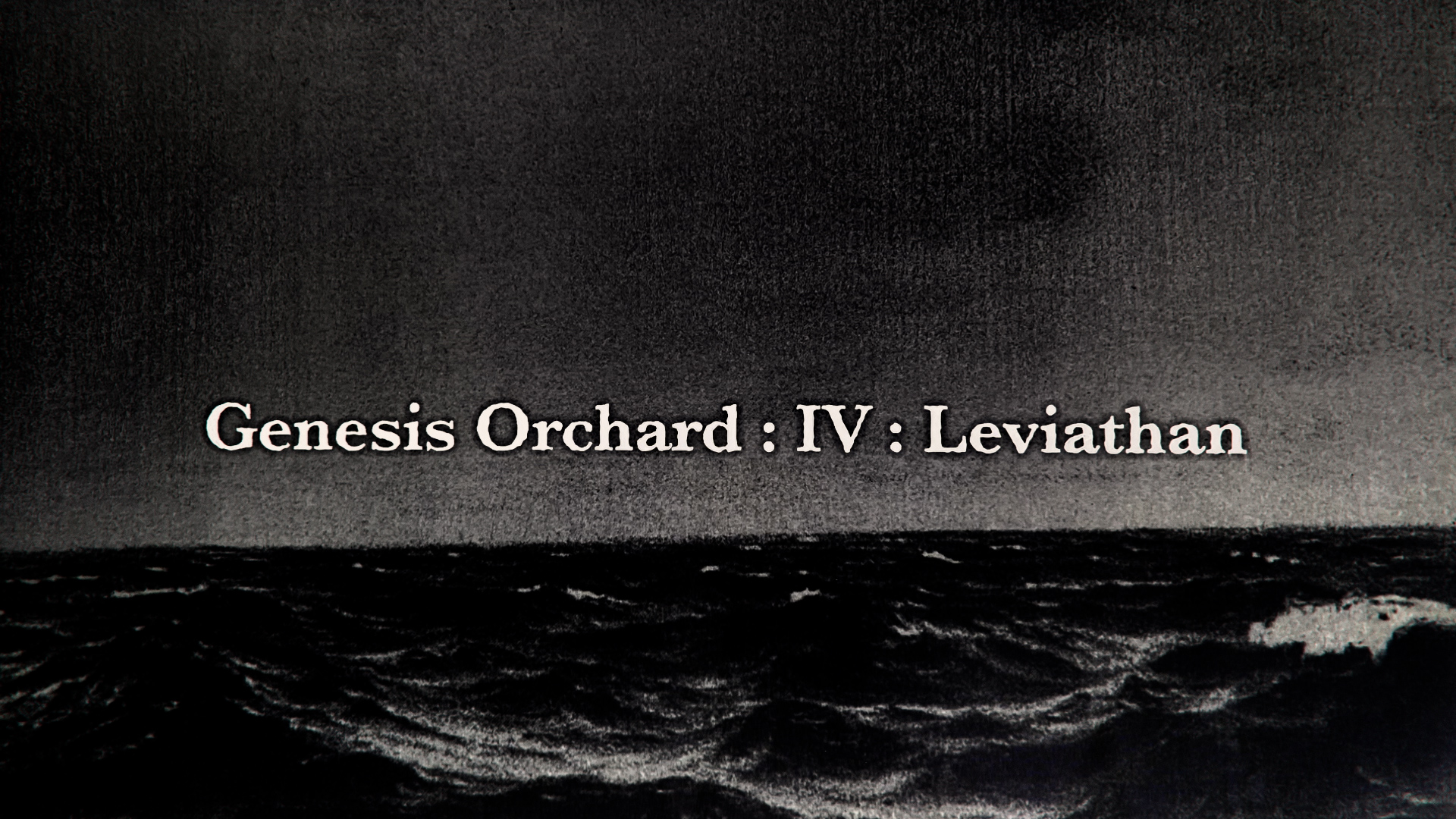

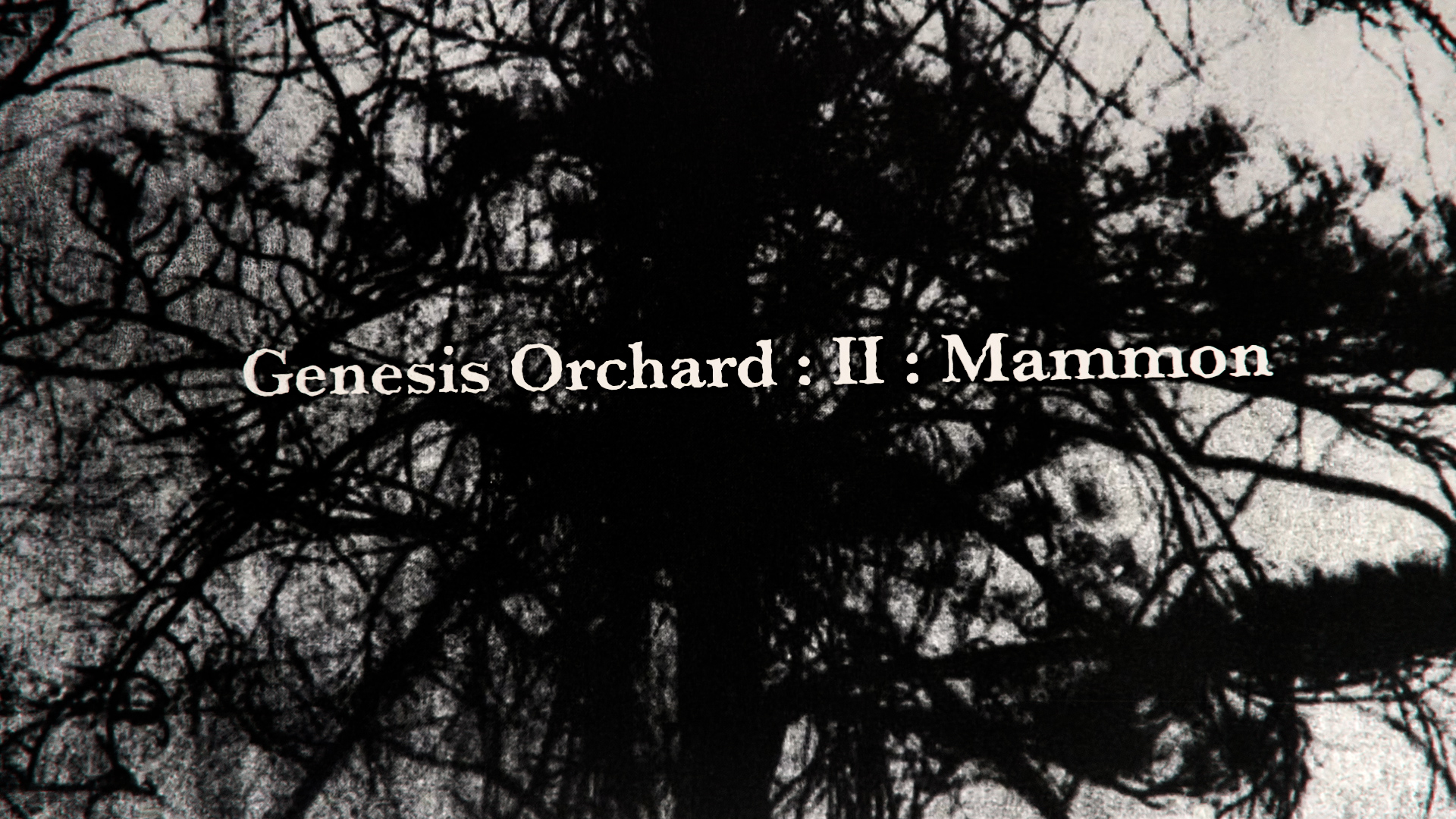

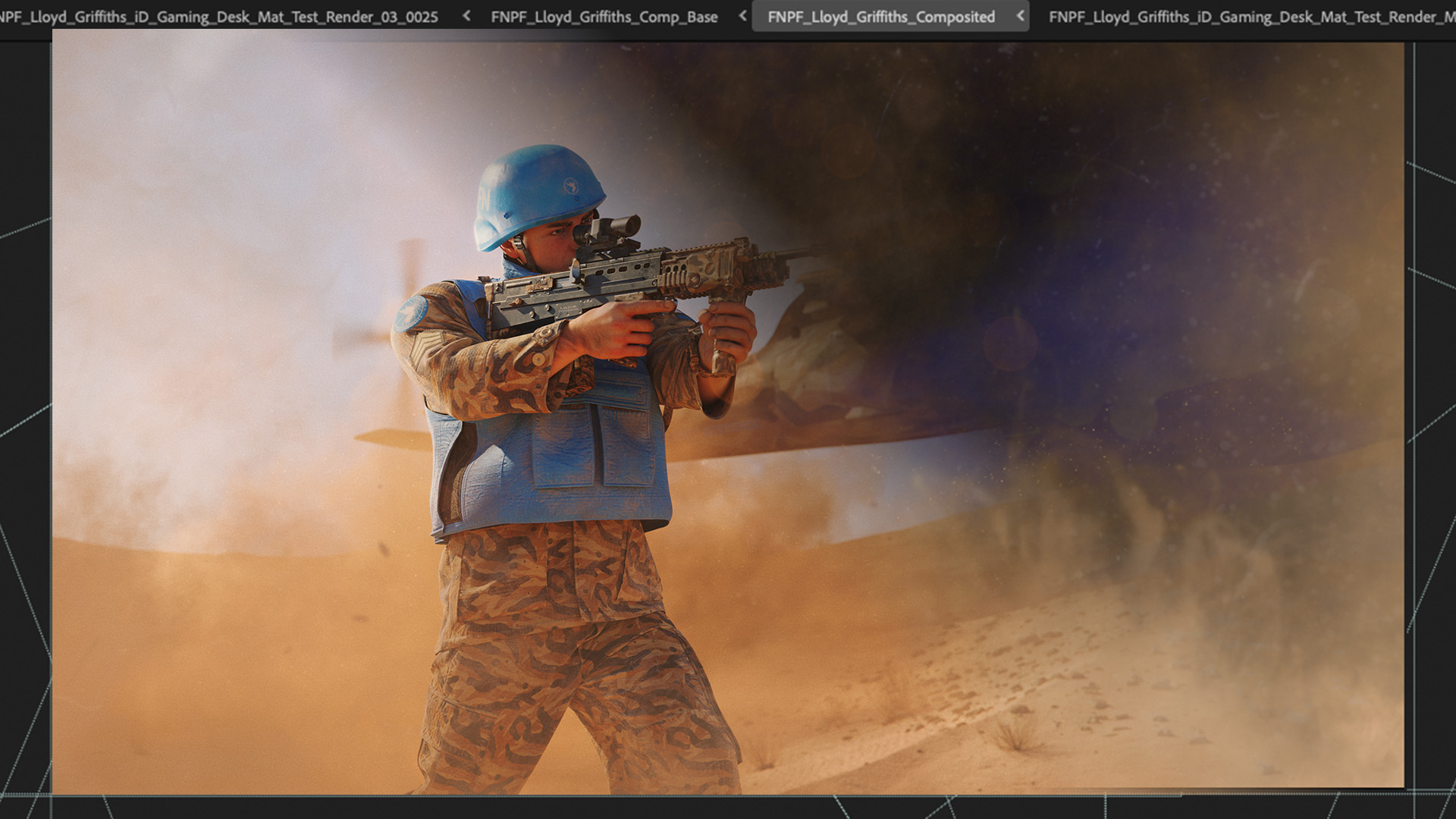
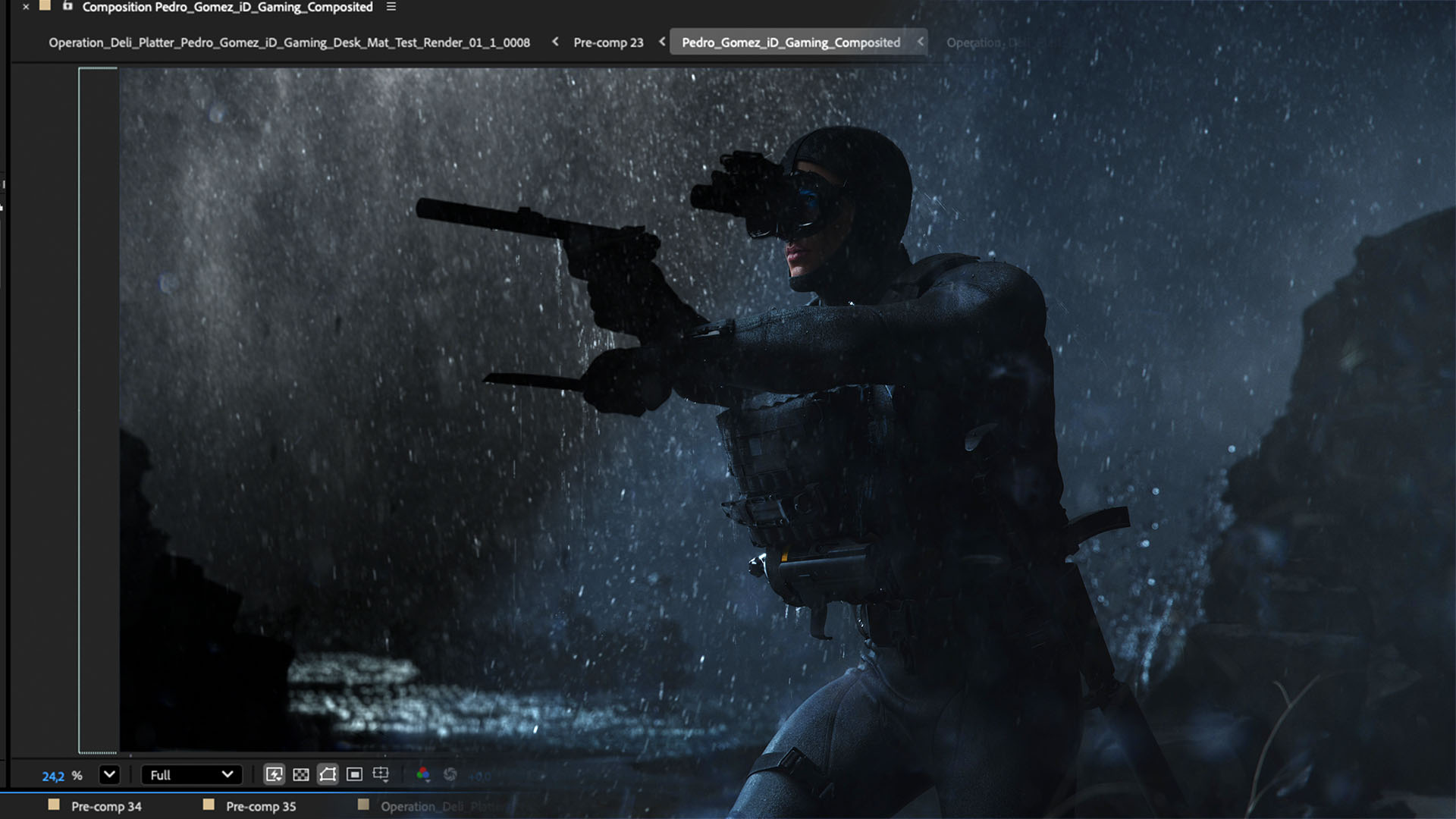
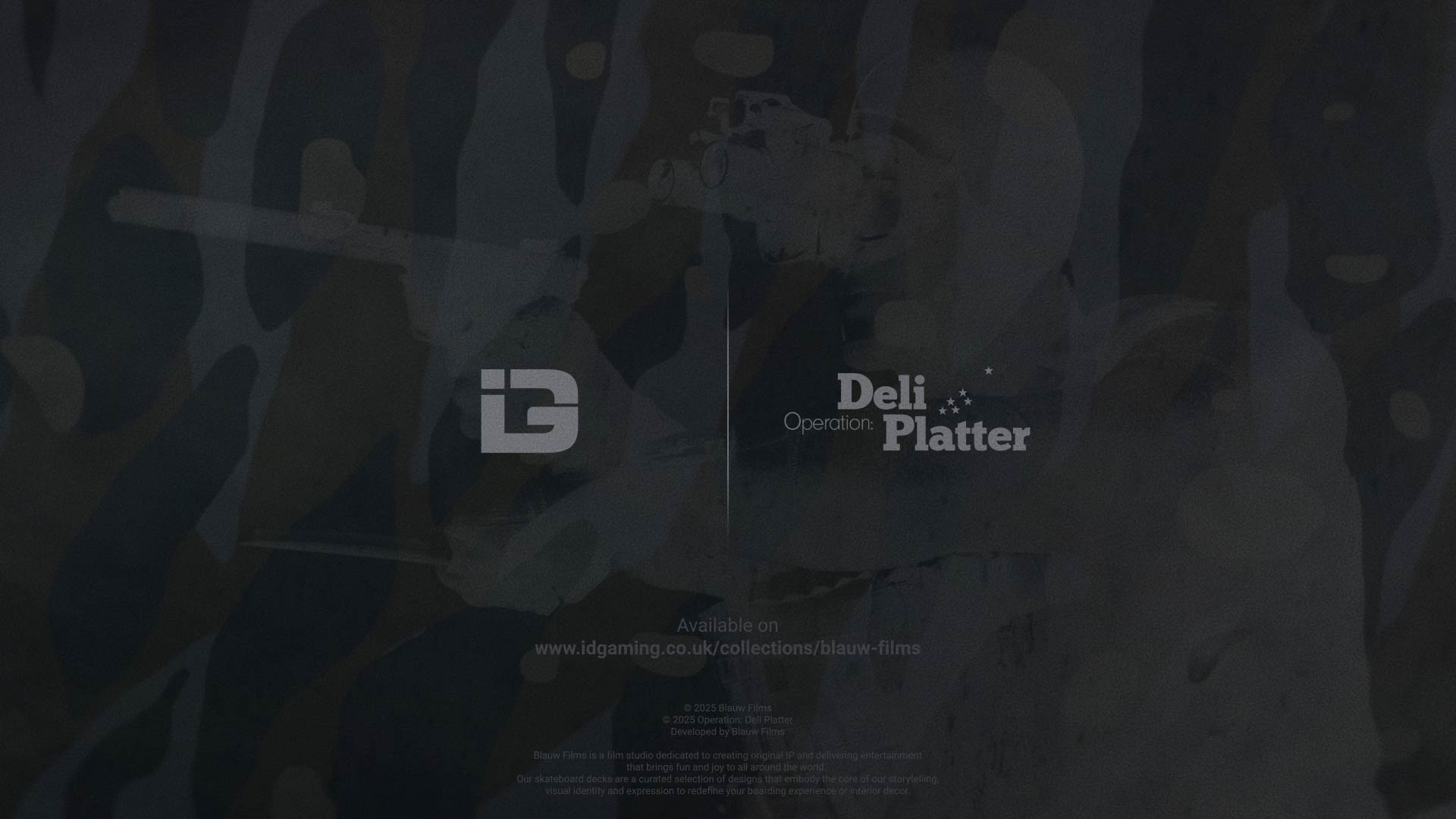

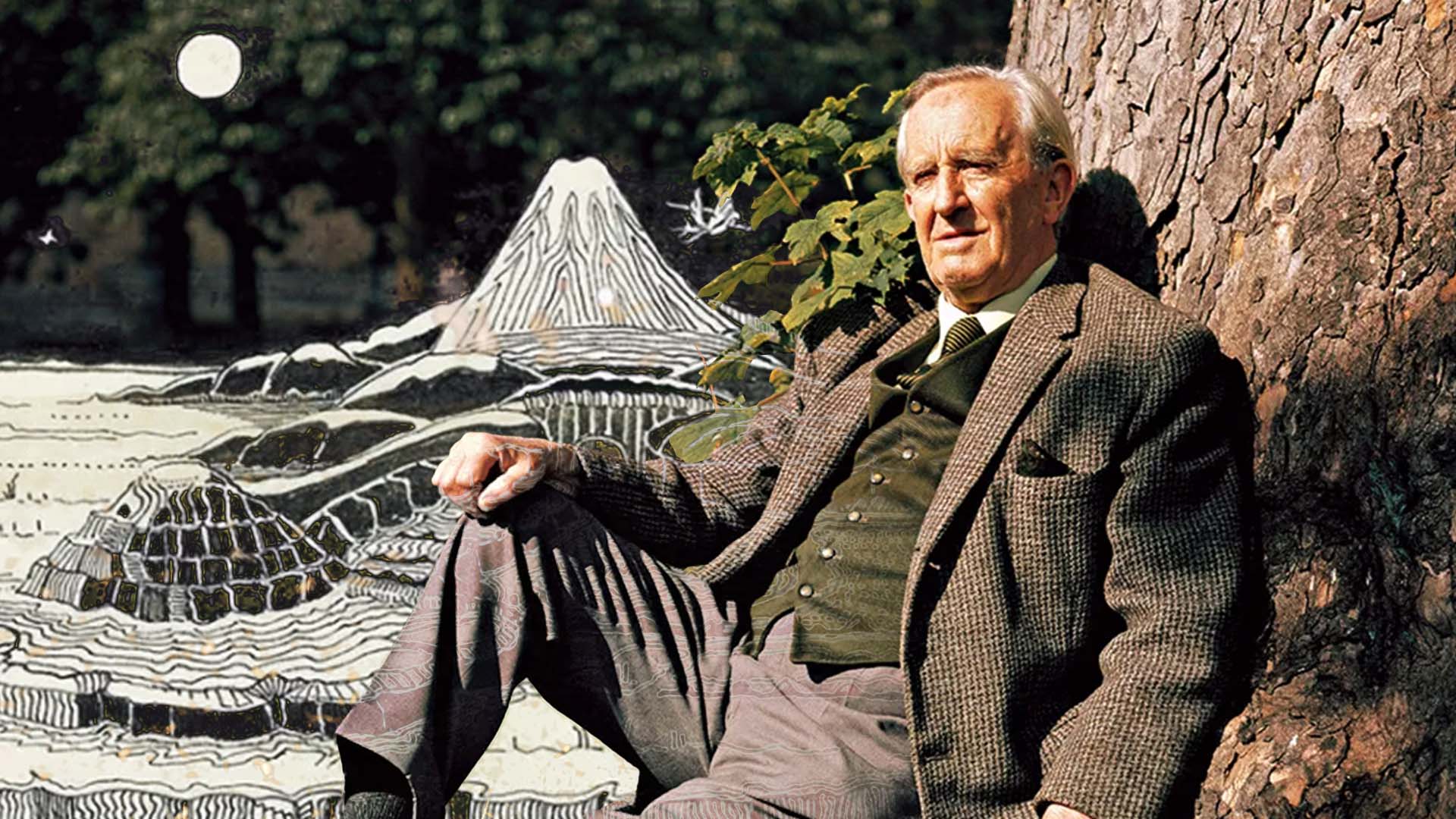







%20by%20Ivan%20Aivazovsky.jpg)
















































































0 Comments